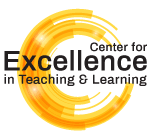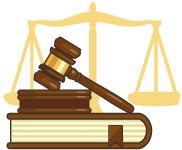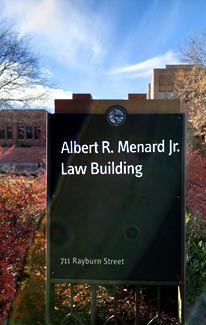|
CETL | Canvas | AI Guide | Course Design | Online | Software | Workshops Law School Resources
Applied Strategies for Addressing Conflict, Questioned Knowledge, & Incivility in ClassThe Faculty Focus Special Report on Diversity and Inclusion in the College Classroom
The Dying Art of Disagreement New York Times article about the value of disagreement…and how to disagree with civility. Calling In: A Quick Guide on When and How by Sian Ferguson Responding to Microaggressions with Microresistance: A Framework for Consideration by Cynthia Ganote, Floyd Cheung, and Tasha Souza (pp. 3-7) Guidelines for Discussing Difficult or Controversial Topics from the University of Michigan’s Center for Research on Learning and Teaching Start Talking: A Handbook for Engaging Controversy in Higher Education, ed. Kay Landis, University of Alaska Anchorage, introduces faculty to strategies for introducing controversial topics in the classroom. Additional info: University of Alaska-Anchorage’s Center for Advancing Faculty Excellence There Is No Apolitical Classroom: Resources for Teaching in These Times Understanding Student and Faculty Incivility in Higher Education from the Journal of Effective Teaching Teaching, Learning, & Traumatic EventsTeaching after Charlottesville by Derek Bruff Discussing Traumatic Events from UC Berkeley Resources for teachers on talking about hatred in America from the Washington Post’s Valerie Strauss Brené Brown on Empathy (video) Gender, Race, Ethnicity, & IdentityStop Talking: Indigenous Ways of Teaching and Learning and Difficult Dialogues in Higher Education by Libby Roderick and Ilarion Merculieff, introduces faculty to 10,000-year old Alaska Native pedagogies as well as key difficult dialogues between indigenous and academic communities. Additional info: University of Alaska-Anchorage’s Center for Advancing Faculty Excellence Eight Actions to Reduce Racism in College Classrooms by Harper, S.R. & Davis, C. H.F. Responding to Everyday Bigotry from Southern Poverty Law Center Self-Care Resources for Days When the World Is Terrible compiled by Miriam Zoila Pérez Students rate male instructors more highly than female instructors. We tried to counter that hidden bias. The Washington Post Calling attention to gender bias dramatically changes course evaluations Iowa State University Mitigating gender bias in student evaluations of teaching Plos One Culturally Responsive Teaching in Higher Education: What Professors Need to Know from Counterpoints, V.391
|



 Difficult Dialogs and Controversial Content
Difficult Dialogs and Controversial Content